Its presence at the IAA, as well as Zhu's reception of overseas carmakers at the booth, accelerated Stellantis' decision to partner with the startup, according to reports.
A month later, Stellantis, which was formed with the merger of PSA and Fiat-Chrysler, decided to purchase a 21 percent stake in Leapmotor for 1.5 billion euros.
The two established a joint venture in May 2024 for the introduction of Leapmotor's models including T03 and C10 first into Europe and then to other parts of the world.
"Leveraging our existing global presence, we will soon be able to offer our customers price competitive and tech-centric electric vehicles that will exceed their expectations," said Carlos Tavares, who was then Stellantis CEO.
Chinese carmakers continued their push from Munich to Geneva. At the 2024 Geneva motor show in March, they were the largest exhibitors, as most western carmakers stayed away with the exception of Renault.
"A quick glance at the Geneva auto show might have persuaded jittery Europeans that the real or imagined existential threat to its iconic automotive industry by China's manufacturers had already happened," said Neil Winton in a Forbes report.
BYD, which was lighted at the event in 2008, was the most active participant, introducing the Seal plug-in hybrid and the big Tang 7-seater SUV, plus vehicles from its upmarket brands Denza and Yangwang.
SAIC's MG unveiled a hybrid, which promises to be a big seller. MG is the most successful Chinese brand in Europe currently.
In 2023, Chinese brands sold over 350,000 sedans and SUVs in Europe, mainly electric ones. MG led the way with 239,000 mainly EVs, about double 2022's total.
Two months later, in May 2024, the Geneva motor show's organizer decided to discontinue the century-old event, which seems like a harbinger to the doomed fall of gasoline vehicles and the irreversible rise of NEVs.
"The lack of interest shown by manufacturers in the Geneva Salon in a difficult industry context, the competition from the Paris and Munich shows which are favored by their domestic industries, and the investment levels required to maintain such a show, sound the final blow for a future edition," said Alexandre de Senarclens, president of the Comite permanent du Salon International de l'Automobile Foundation, in a statement.
Paris is seeing the ambition of Chinese NEV makers. At the auto show in the French capital in October, the largest car event in Europe in 2024, nine Chinese brands unveiled their latest models.
The number of Chinese brands was the same as in 2022, when they made up almost half the brands present. In the latest edition, they accounted for only about a fifth of the brands thanks to a much stronger showing from Europe's auto industry — a sign of the latter's determination to defend its home turf.
GAC said its attendance at this year's show marked the launch of its European ambitions, while Leapmotor, in partnership with Stellantis, said it aimed to have 500 points of sale in Europe by the end of 2025.
Newer Chinese entrants like Seres, which is challenging the position of BMW and Mercedes in the premium SUV sector, and FAW's Hongqi showed new models as they sought overseas sales.
The Europeans are struggling to compete with Chinese rivals' lower costs and their ability to develop new EVs in just two years, at least twice as fast as traditional Western automakers.
"The Europeans have massive alarm bells ringing," said Phil Dunne, managing director at strategy consultancy Stax, in an interview with Reuters.
"They have recognized they need to do something pretty radical and they only have a couple of years to do it."
Having established their presence in Western Europe, Chinese car companies have rolled out bigger lineups at exhibitions in other parts of the world.








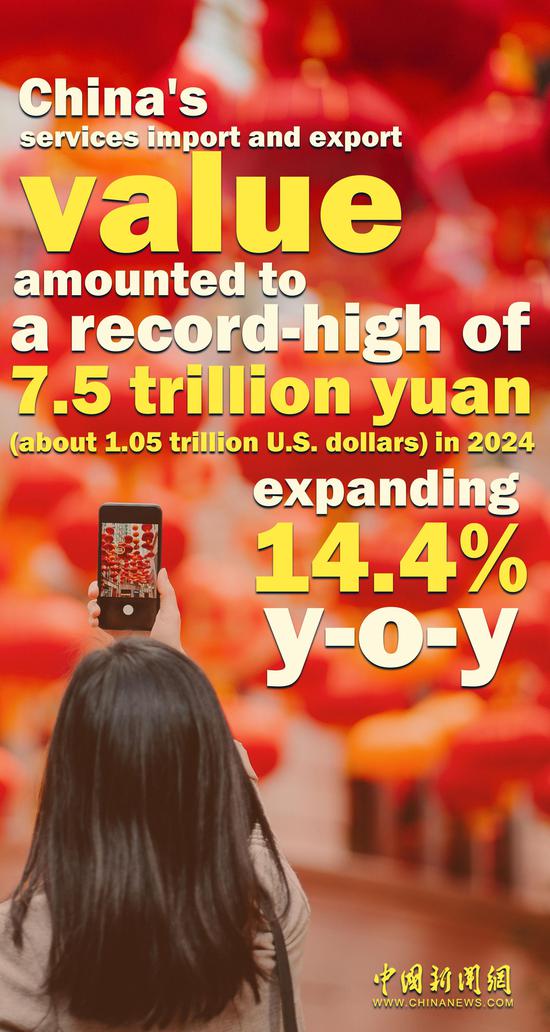
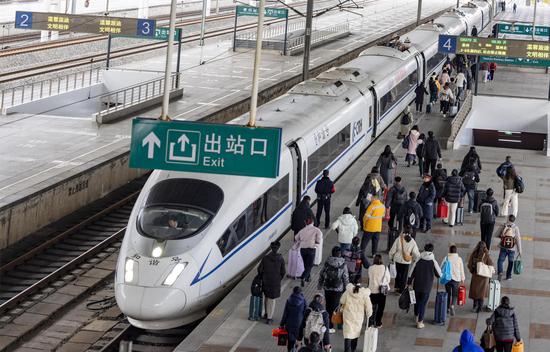
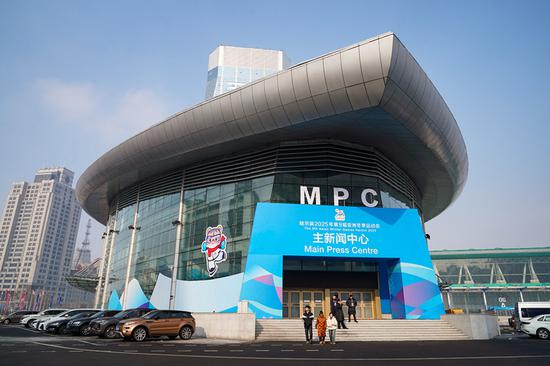
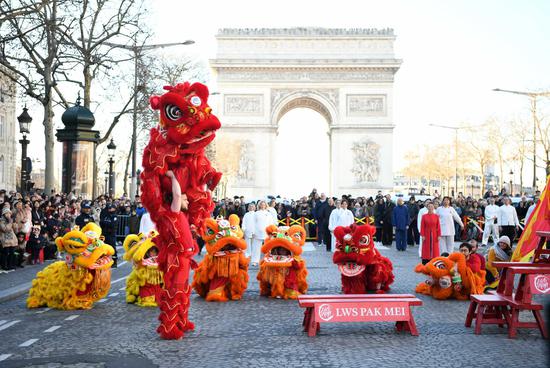

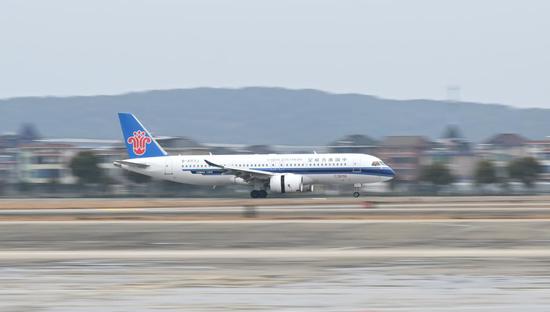

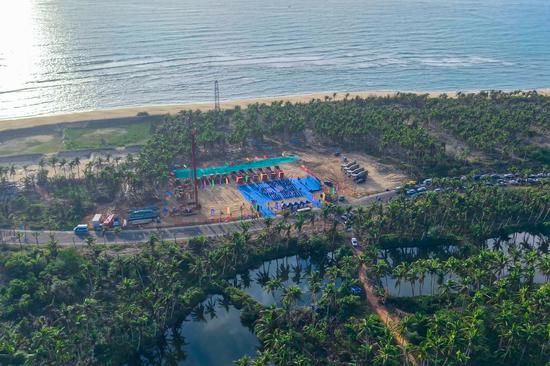
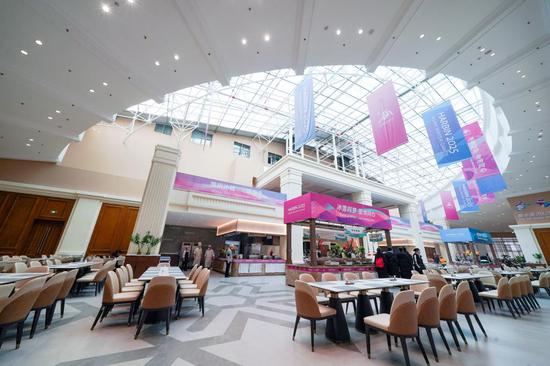
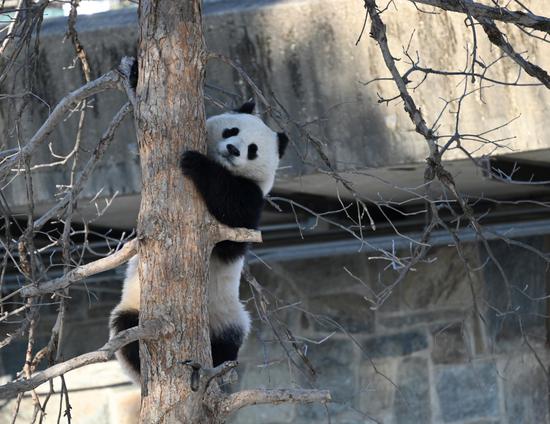

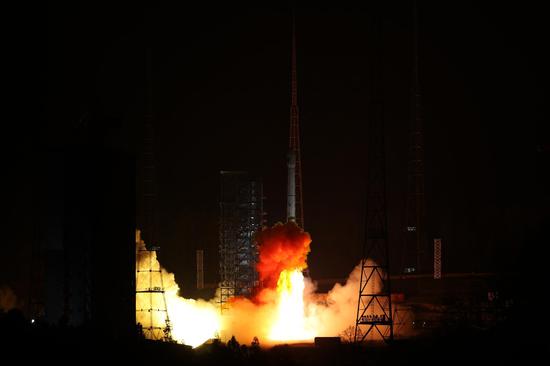

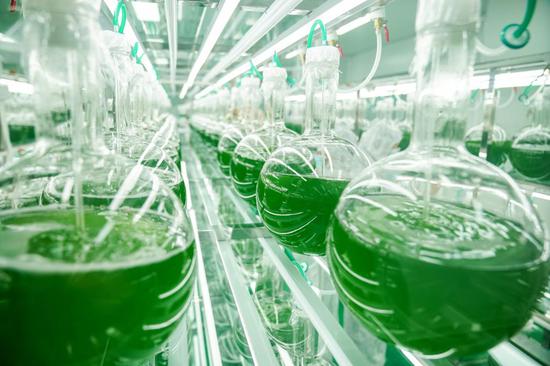
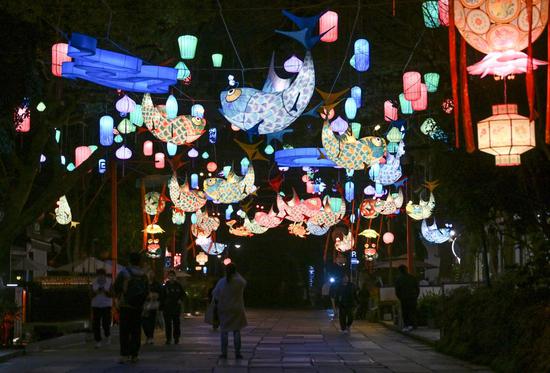
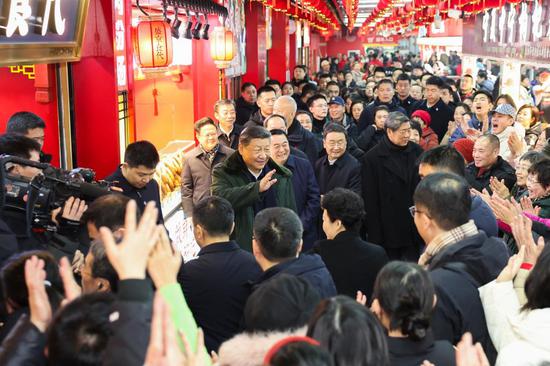
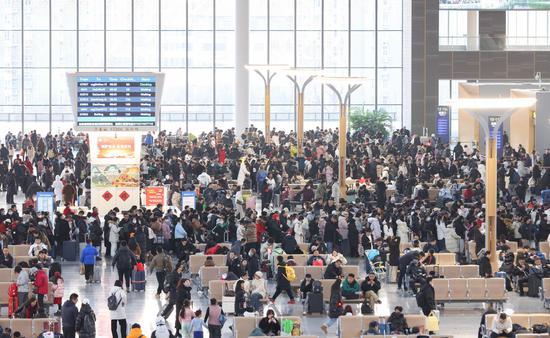


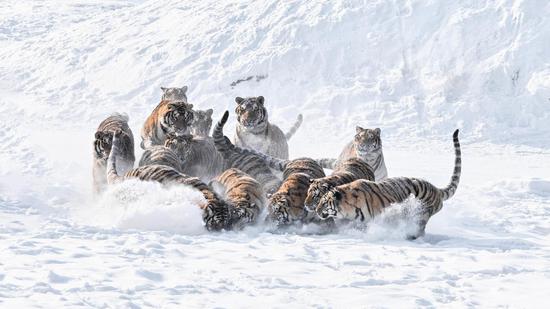
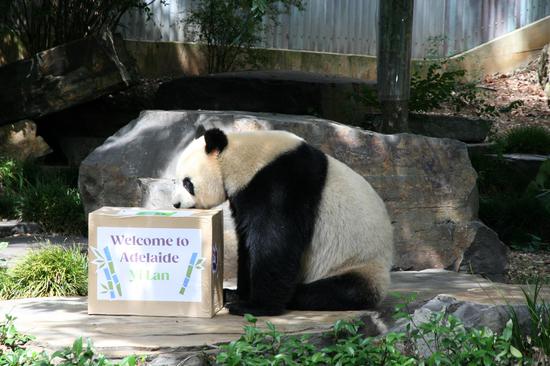
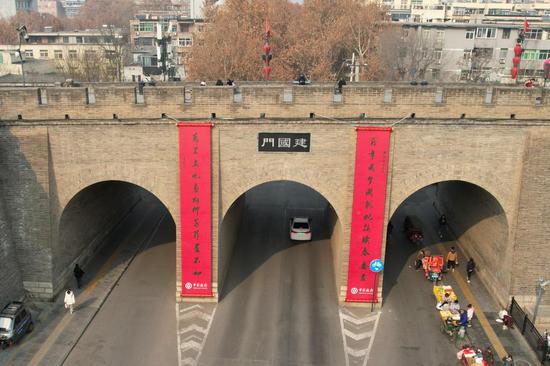

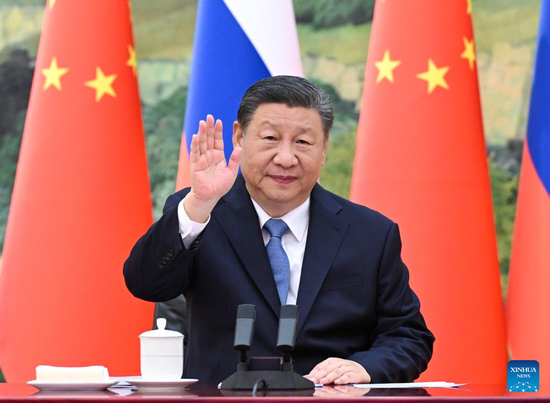
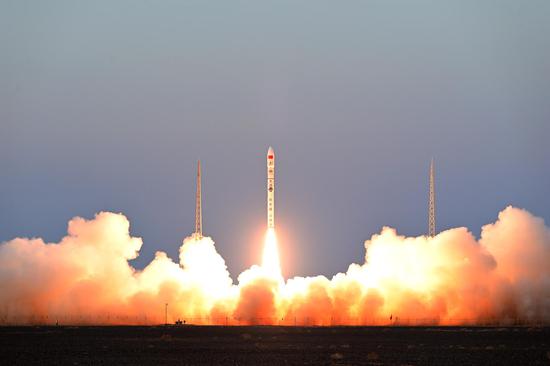

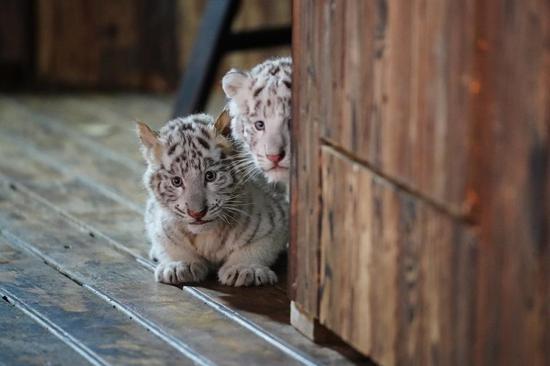
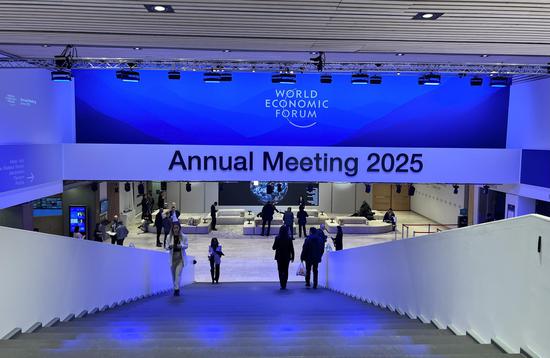
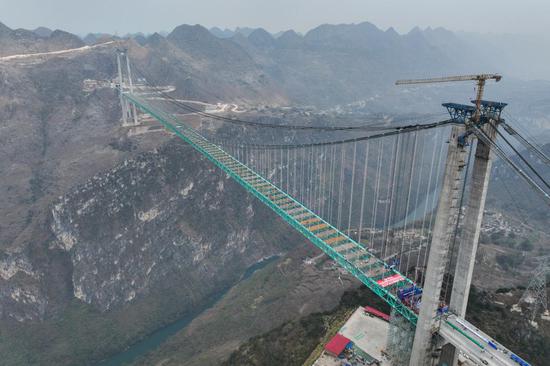
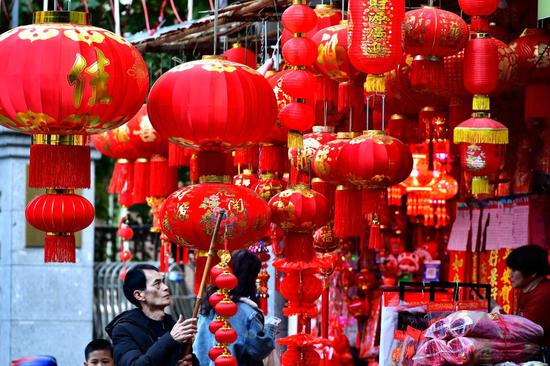


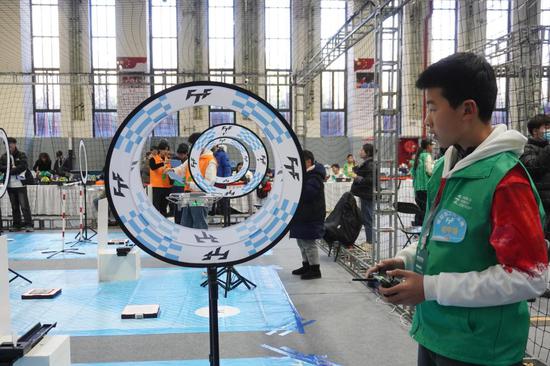
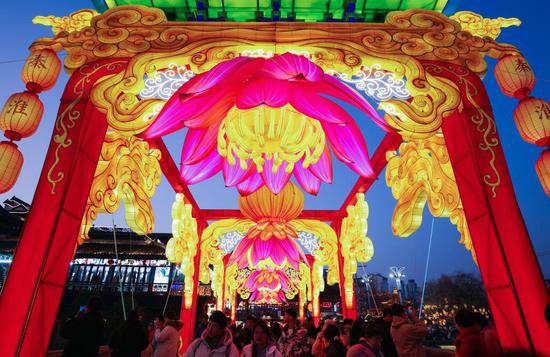

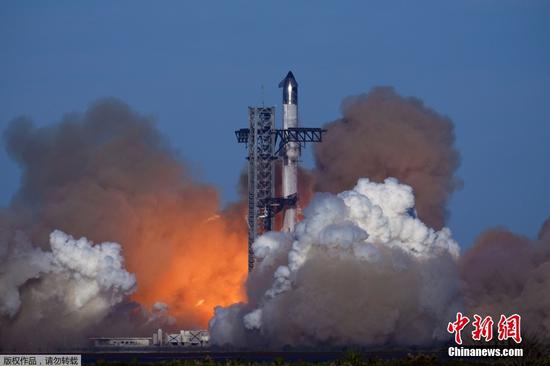
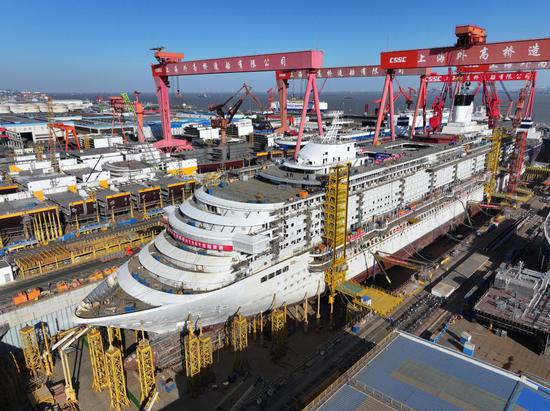





 京公網安備 11010202009201號
京公網安備 11010202009201號